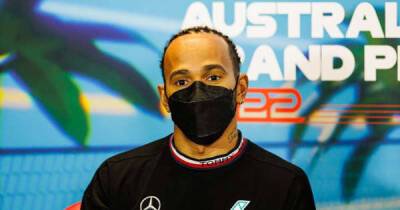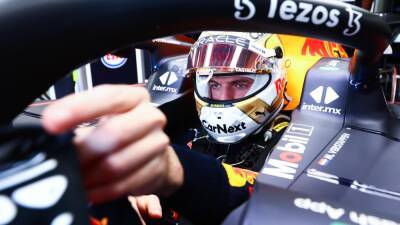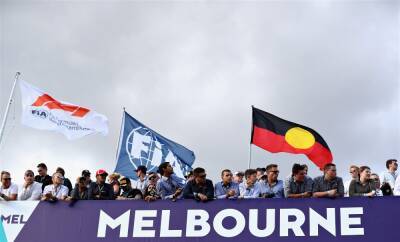The questions that need answering after F1's marred second Saudi visit
“I am so happy the weekend is done. I am also just so happy that everyone is safe and I am just looking forward to getting out.” Lewis Hamilton spoke for much of the Formula 1 paddock last Sunday night after the Saudi Arabian Grand Prix as one of the series’ most turbulent weekends in recent years came to an end.
The missile strike by Houthis on an Aramco oil facility less than 10 miles from the track in Jeddah on Friday plunged the race into doubt, leading to four hours of talks between drivers. The drivers agreed not to race, only for talks with team bosses and F1 officials to lead to reassurances from government security forces that the GP weekend could continue safely.
PLUS: Why DRS still has its place in F1
And it did. With the exception of Mick Schumacher’s huge crash in qualifying – which we’ll get back to – things went smoothly. The race offered plenty of overtaking and another thrilling climax between Max Verstappen and Charles Leclerc.
But no matter how good the race was, it cannot detract from the narrative about F1’s future in Saudi Arabia, and whether it should go back. The debate about the morals of racing in Saudi Arabia is hardly a new one. Ever since plans to race there were first announced, F1 has found itself involved in the ‘sportswashing’ debate, joining a raft of sporting leagues and series to have expanded into Saudi Arabia – and pick up a handsome fee reported to be in the region of £50million per year.
Leading figures have always maintained the goal of F1 is to have a positive impact and assist lasting cultural change. On Saturday, CEO Stefano Domenicali said F1 was “not blind” to concerns about racing in Saudi Arabia, but he felt the series was “playing a very important role in the





